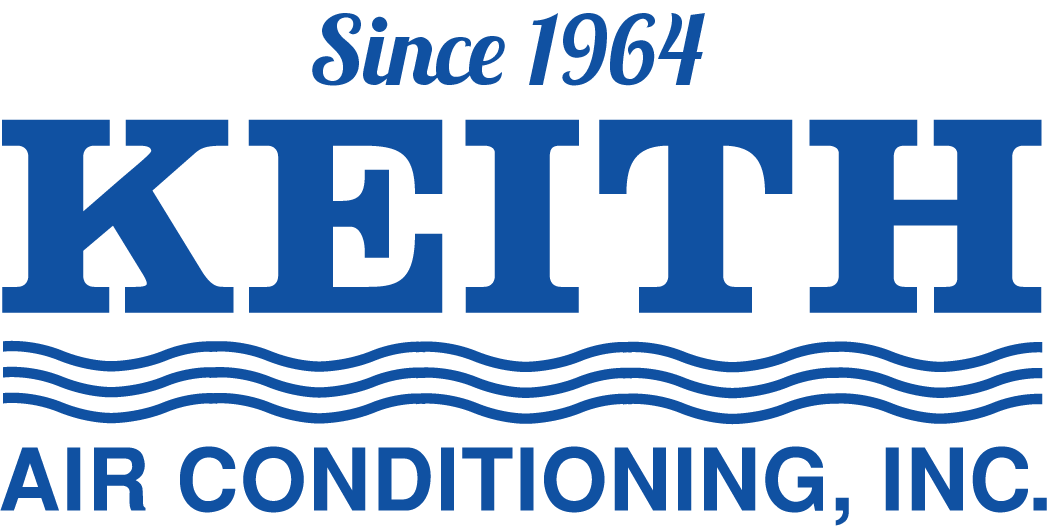Which HVAC System is Best for My Home?
So you’re tired of the wasted energy and low comfort of your outdated HVAC system. But looking for a new HVAC system can be as daunting as looking for a new car. While there are many factors to consider, finding a new HVAC system is all about finding the technology that will best fit the needs of your Mobile, Alabama, home. After all, that conventional HVAC system isn’t the only heating and cooling technology out there.
Use this simple guide to find a heating and cooling system that meets the needs of you and your home and brings efficiency and comfort to your life.
Standard HVAC Unit
Don’t just dismiss the possibility of a new standard central HVAC system because you were disillusioned by your old one. If your original system lived out its prescribed lifespan, then you can bet that the technology in central heating and cooling has drastically improved in 10 years. The staples of this kind of heating are its power and the duct network that brings air to every room in the home. To present a bigger picture, here are some pros and cons of a standard HVAC system.
Pros:
- Provides comfort in every room of the home.
- Powerful heating and cooling. The system can maintain comfort even when the outdoor temperature is extreme.
- Relatively affordable to install (although duct networks can be expensive if your home didn’t previously include ducts).
- Maintains indoor air quality.
Cons:
- Ducts can leak and reduce efficiency.
- Not as efficient overall as other types of heating and cooling.
- Can’t personalize temperature in individual areas of the home.
Ductless Systems
Ductless heating and cooling systems have grown in popularity in recent years, and with good reason. Since these units do not require a duct system, air handling units can be placed anywhere in a room: floor, wall, or ceiling.
Pros:
- Lack of ducts makes system more efficient. Less air is lost.
- Temperature control can be personalized depending on the area of the home. Not only does this increase comfort, but it also ensures efficiency in rooms where heating or cooling is less necessary.
- Units require little maintenance.
- Use less power than central HVAC systems.
Cons:
- Air handlers only heat and cool the rooms in which they are installed. This means that any other area of the home will go without temperature control.
- More expensive than central units (not including the duct network associated with a central unit).
- Air handlers must be placed just right and configured to the size of the room, or short-cycling will reduce efficiency and raise utility costs.
Geothermal Heat Pumps
Geothermal heating and cooling has been around for a long time, but the improving technology continues to make this type of heating and cooling a very viable option for your home. Geothermal heating works by moving heat between your home and the relatively constant temperature of the ground. Heat is transferred through rods or pipes that must be placed deep in the earth.
Pros:
- Considerably more efficient than other types of heating and cooling since heat is simply moved rather than produced.
- Uses less electricity than both central HVAC and ductless systems.
- Very minimal maintenance required and fewer issues with parts.
- Longer lifespan than other types of HVAC.
Cons:
- Very expensive to install. Because installing the rods requires digging up your yard, installation will likely cost more than it would to install other types of HVAC systems.
- Heat pumps are not generally as powerful as a central HVAC system. If temperatures ever stray into an extreme end of the spectrum, a geothermal heat pump will be less efficient at maintaining a comfortable temperature.
Each type of HVAC system has its merits, and the worth of each system can only be determined by your needs. But don’t stress, because whether you’re just looking for efficiency or something that can always keep your entire home comfortable, there’s a system out there for you. If you have more questions about the various types of HVAC systems, or would like a new system installed, call Keith Air Conditioning, Inc. at 251-476-3610.

